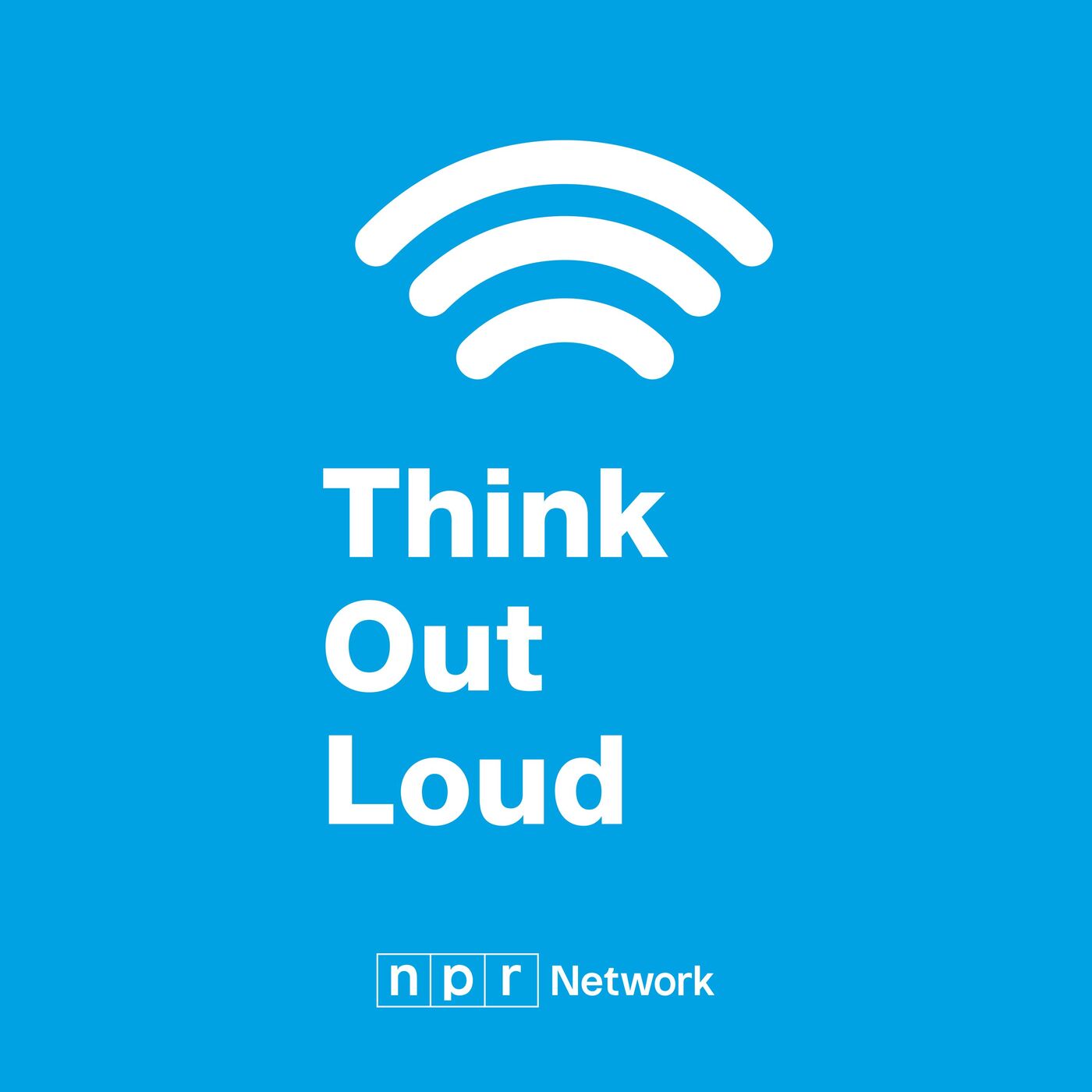
Oregon and Washington graduate students tackle problem of bias in AI
Published on Jul 19, 2024, 12:06:22 PM
Total time: 00:17:02

Published on Jul 19, 2024, 12:06:22 PM
Total time: 00:17:02
Artificial Intelligence is radically changing how we work, learn, play and socialize, from virtual assistants helping organize our day to bots that can score Taylor Swift tickets or write college-level essays. But that vast computing capability may also come at a cost, generating results that are rife with bias if the data that was used to train AI systems is itself biased against or excludes certain groups of people. To counter this issue, we hear about the efforts of two engineering and computer science doctoral students in the Pacific Northwest.
At the University of Washington, Kate Glazko led a team of researchers on a study that found that the popular AI application ChatGPT routinely ranked job seekers lower if their CVs mentioned an award or recognition that implied they had a disability such as autism or blindness. At Oregon State University, Eric Slyman developed computing instructions that can be used to train AI to be less biased against marginalized groups when generating image search results. Slyman and Glazko join us for more details.
OPB's daily conversation covering news, politics, culture and the arts. Hosted By Dave Miller.